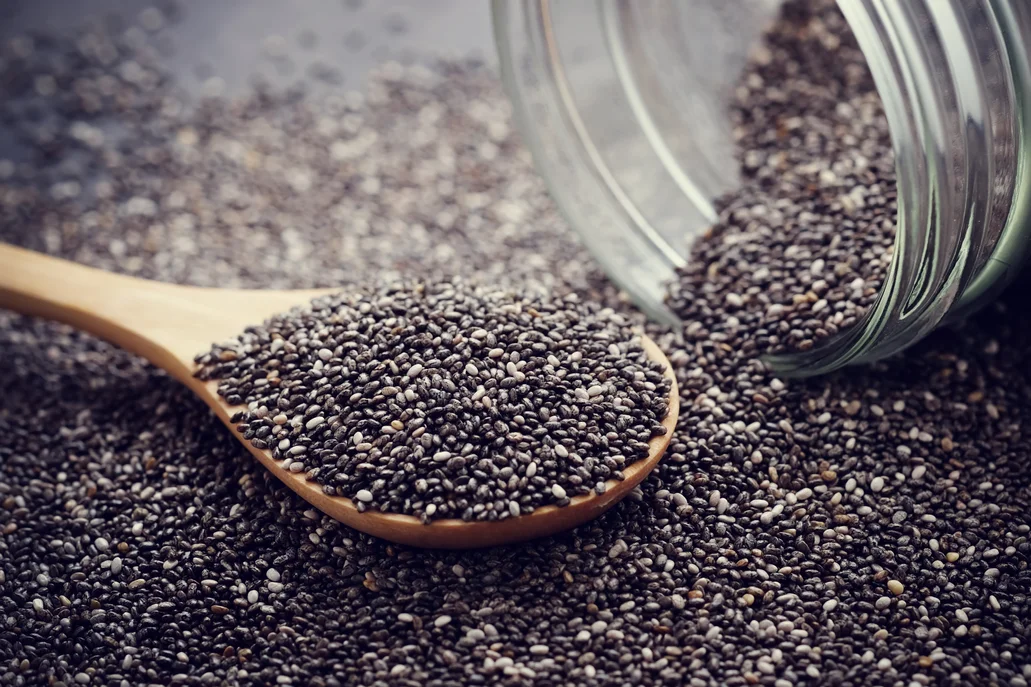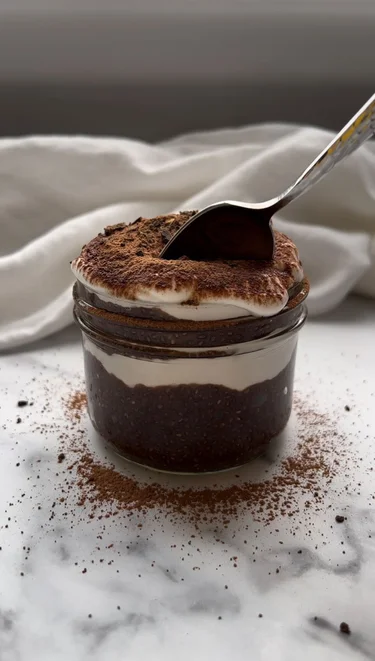Whether you enjoy them in a thick, creamy pudding, sprinkled into your smoothie, or ground into a fine flour, chia seeds are often referred to as one of nature’s nutritional powerhouses.
These tiny gray, oval-shaped seeds are native to central Mexico and Guatemala and have been used for centuries by the Aztec and Mayan cultures. There’s a reason they’ve stood the test of time: they’re rich in omega-3s (for brain health), antioxidants (for protection from free radicals), and fiber (for healthy digestion). And as if that weren’t enough, they provide 20% of your daily recommended intake of calcium per two-tablespoon serving (1).
They’re harvested from a flowering mint plant called Salvia hispanica. But once harvested, how long do chia seeds last? And how can you tell if they’ve gone bad or not? Read on to learn everything you need to know.




